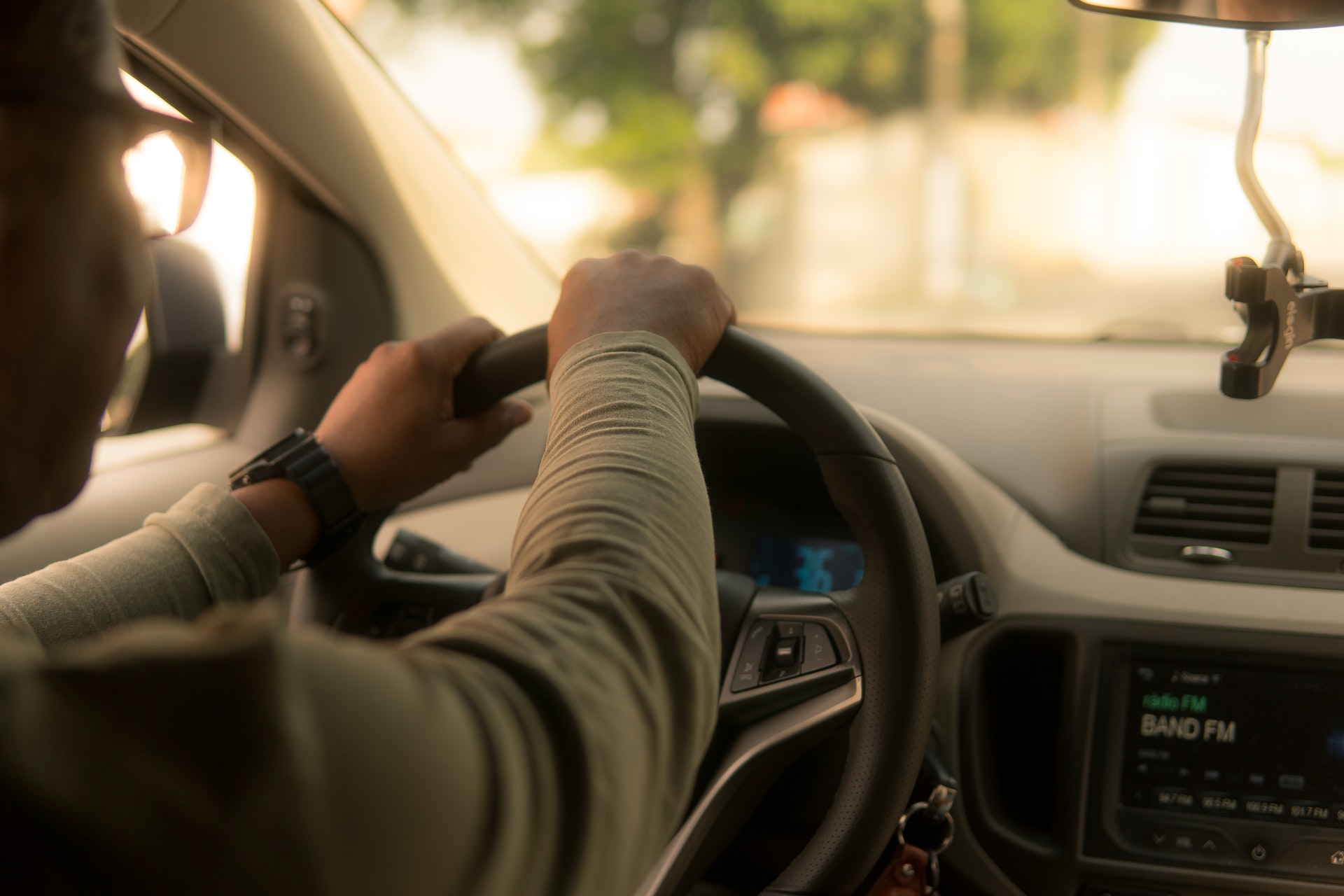Goldstuck on Gadgets
Your phone, your taxi. But …
Chinese ride-hailing service DiDi has arrived in South Africa, making the app-taxi world more competitive – and more challenging for drivers – writes ARTHUR GOLDSTUCK
Every time Uber and Bolt have announced new measures to protect drivers and passengers from Covid-19 infection, they also seem to have announced new lower-cost services. While that is perception rather than reality, the drivers are increasingly less enthusiastic than their passengers. The friendly banter that has often characterised driver interaction with passengers has more often become a litany of complaints.
And that is before one factor in the antagonism from the minibus taxi industry, which has regularly resorted to vandalism and thuggery to ward off the more efficient ride-hailing competitors.
Even the technology startup-focused magazine TechCrunch has weighed in on the situation DiDi faces: “Although the nine-year-old company claims to understand how the ride-sharing industry works, the South African market, despite being a relatively stable environment with high economic potential compared to the rest of Africa, is a different ball game entirely.
“While Uber and Bolt dominate with a few million users, they regularly face regulatory challenges from the government, which feels the need to protect traditional metered taxis in the country. DiDi wouldn’t be exempt from this, but the timing to expand to South Africa suggests the company is looking to explore the present challenges facing Uber as its drivers push for worker rights.”
DiDi’s South African headquarters are located in Johannesburg, suggesting the service will quickly expand to the economic heartland of the country. It is headed here by “launch lead” Ken Liu, formerly with the Macquarie Group in Asia. According to a DiDi spokesperson, his team is “dedicated to rewriting the history of mobility in South Africa and making DiDi the most reliable, safe and affordable mobility platform”.
Its biggest challenge, it seems, is convincing drivers to be part of an even more affordable service.
“We started our DiDi journey in South Africa with our launch in Gqeberha, which did exceptionally well. With the Cape Town launch on our horizon, our goal is to do an even better job there,” said the spokesperson. “Today, as we are in the middle of the process of registering driver partners, their reception in Cape Town has been fantastic, reaffirming our decision that this was the right time to launch our platform in South Africa.”
DiDi has big plans for the rest of Africa, too, and will probably follow Uber, which has left its tyreprint in at least 8 major African markets.
“Our long-term goal is to serve the entire country and the African continent; wherever efficient mobility and access to economic opportunities are needed. We’re always looking at opportunities to help more people safely get to where they need to be.”
We asked what the difference was between DiDi and other e-hailing services, and received a response that could have applied to any of them:
“Firstly, DiDi is the world’s leading mobility and local services platform. We offer a full range of app-based services in 15 international markets. This allows us to enter the market with confidence, providing an affordable, safe and high-level tool for driver-partners and users.
“Secondly, we believe that mobility should be accessible to everyone who needs to safely get from point A to point B. Likewise, it should promote the entrepreneurship of our driver-partners and provide them with better economic opportunities, all while making use of advanced safety technology and excellent customer service.”
The bottom line, however, will be exactly that for the drivers: the bottom line. If DiDi ensures they are better looked after, it will have a better chance of winning the goodwill of both drivers and passengers.
* Goldstuck is founder of World Wide Worx and editor-in-chief of Gadget.co.za. Follow him on Twitter on @art2gee


















